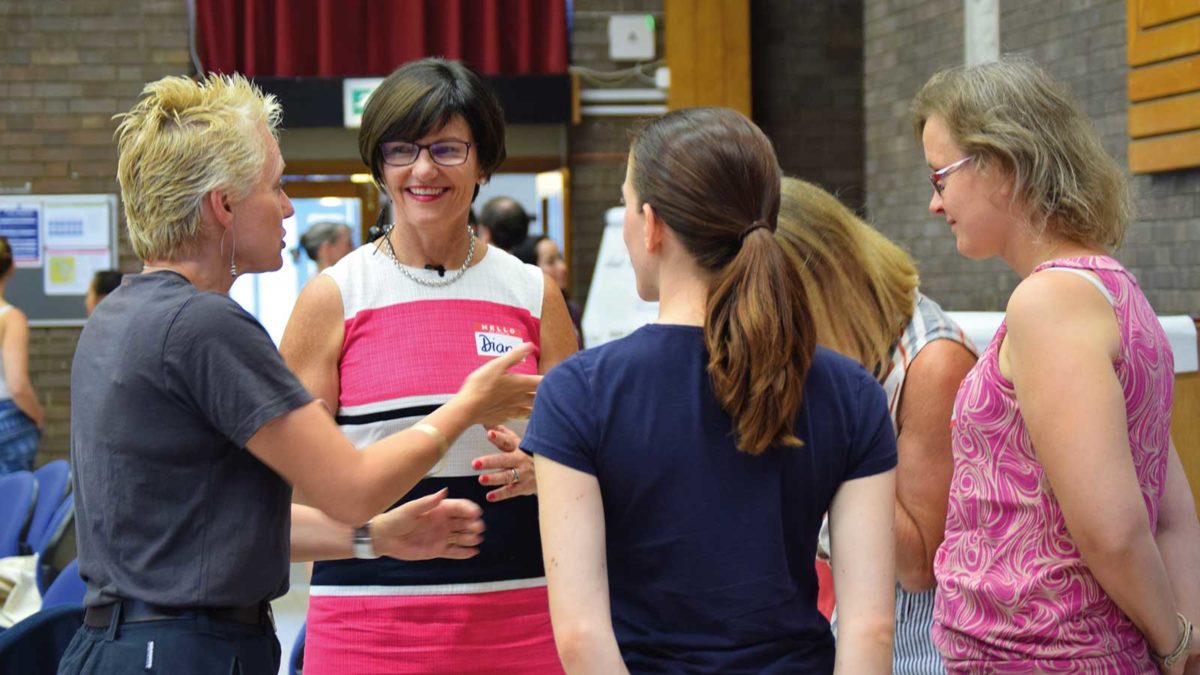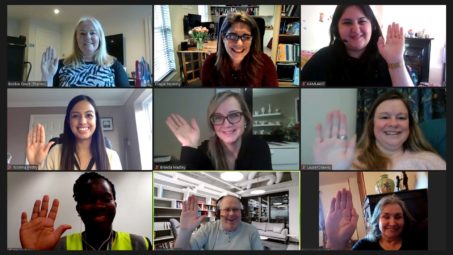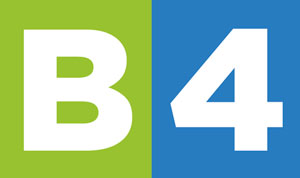
Why can’t people in my team be more like me?
Ever paid someone what you think is a compliment, only to find they take it as an insult? We tend to think others are just like us. Unsurprisingly, they’re not so it’s common to see misunderstandings arise in teams.
Written by: Diane Wilkinson Photography by: Emma Shipperley
Similarly, when we find someone irritating it’s tempting to imagine that it’s their fault. Especially if they don’t seem to have much concern for other people or their feelings. But blame and resentment aren’t helpful in a team environment. And sometimes the things we find annoying in others can give us a clue about ourselves.
So – for example – I find myself getting annoyed when people keep changing the time of a meeting. But it’s something I used to do myself, without even thinking about it. It’s so easy to see the impact other people’s choices have on us, without seeing the impact of our own actions on others.
We can shrug our shoulders and walk away. Or we can stop, think, and ask ourselves, “What do need to do or say differently?” We need to listen to the other person’s feedback to understand how what we said or did came across to them. To have the impact that we want, we may need to move out of our comfort zone and change our behaviour in a way that can seem difficult. That’s what the choice-impact model is all about.
It’s about making the most of our strengths and being brave enough to go out of our comfort zone to do something differently to get the impact we want. It’s not either or, it’s both and!
The choice-impact model
What impact do I have on others?
The choice-impact model in practice
Consider those Lastminute.com people. The ones who wait to do something right up to the day before the deadline. Who procrastinate, do something else, take a break and still avoid the main thing they wanted to do. And then, somehow, manage to finish a week’s work in a matter of hours. On the other hand, you have Mr/Ms Organised who has every single action meticulously timetabled into their diary to avoid the (otherwise inevitable) last-minute panic.
Ms Lastminute.com may find Mr Organised’s rigidity frustrating, while Mr Organised may find Ms Lastminute.com’s chaos unpredictable and stressful. But we have to recognise, our way isn’t necessarily the right way and although we are very different, both approaches come with strengths. We need to learn how to work effectively with each other by recognising the impact our preferred behaviour has on the other person, and alter what we do in order to get the response we would like.
To begin with this can seem difficult, or strange. But it will get easier, and it will definitely improve team working.
So, if people don’t always respond in the way we expect it isn’t necessarily their fault. Instead we can stop and listen to feedback – and act on it. This is how we can shift from being a ‘good’ leader to a ‘great’ one and turn a team from high performance to peak performance. And I speak from experience.
To see how we could help you and your teams work better together, get in touch. We would love to hear from you!
More in Coaching

Interview with Mel Noton of 4Thought: Pushing Boundaries & Delving Deeper
Mel Noton is an Executive Coach who has a passion for extracting the full potential of her clients which include CEO’s, senior leaders, executives or leadership teams. Mel is a specialist in managing challenging, emotionally straining and draining work conflicts and situations to successful outcomes.

RoSPA and L’Oréal’s ‘Leading Safely’ programme gains huge momentum
RoSPA and L’Oréal’s Leading Safely for Women programme, part of their Safe@Work-Safe@Home partnership, which launched earlier this year has had a ‘phenomenal response’, according to Dr Karen McDonnell, RoSPA’s health and safety policy adviser.

Charge what you’re worth and get it
Join Alison Haill for the first episode of the Alison Haill podcast “Charge What You’re Worth And Get It”.
From this author

Building personal resilience with 10Fs with Diane Wilkinson of Connecting to...
Aim of the session: To give delegates a clear framework for maximising resilience in themselves in order to avoid overwhelm and be able to perform well in life.

Building Team Resilience ‘Flying high with a Thunderbird’ with Diane Wilkinson...
Aim of the video: To define the key elements of Team Resilience to focus on as a team to effectively negotiate ups and downs in a disrupted world today.

Leading yourself through change with Diane Wilkinson of Connecting to Excellence
Aim of the session: To understand what choices we have as leaders about who we want to be and how we want show up in the world.


